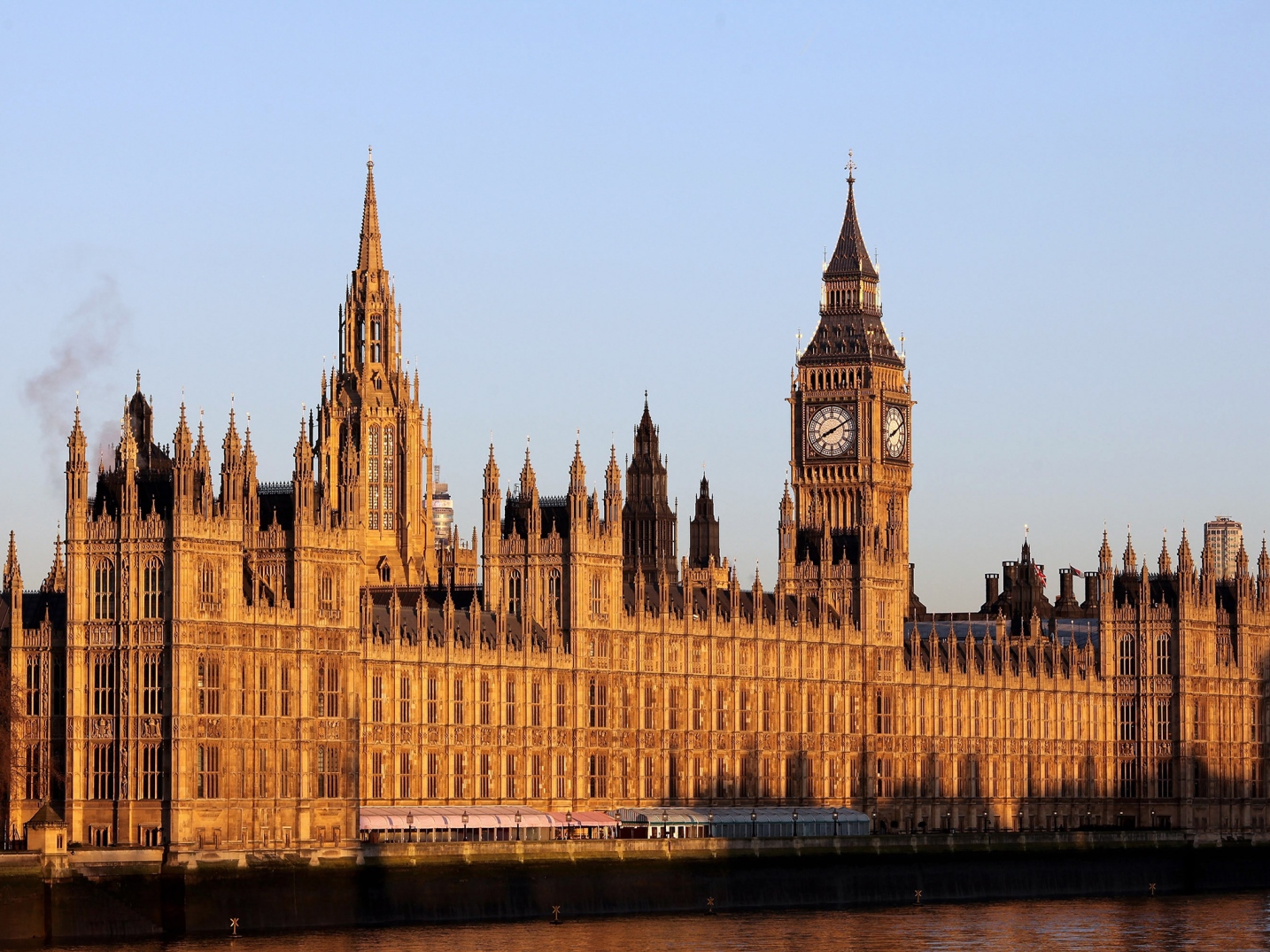
This week has seen a massive shake-up in UK politics, with Boris Johnson winning the Conservative leadership election and moving into No.10, followed by a number of resignations and a Cabinet reshuffle. So, what does this all mean for the aerospace, defence, space and security sectors?
A new government means new priorities, and this was made clear in PM Johnson’s first statement outside No.10 earlier this week, and to the House of Commons yesterday, where he outlined his vision for the future of the UK:
Brexit
Brexit has always been big on PM Johnson’s agenda, even prior to the referendum so it was no surprise that Johnson continues his focus as PM on Brexit. He reiterated his stance that the UK will leave the EU with or without a deal on 31 October. However, the EU have stated that they will not be re-opening the Withdrawal Agreement and it’ll only be the Political Declaration open for any changes, and the EU are keen to ensure it reflects an ambitious future for EU-UK partnership as well as incorporating, the biggest Brexit block – the Irish Backstop. This will leave the UK in a very likely No Deal situation if the UK cannot find a way forward with the EU.
A No Deal Brexit remains the worst possible outcome for industry and the wider economy. The current threat of No Deal is creating uncertainty for industry that is holding back growth and constraining investment. ADS are urging the Government to act quickly to find a pragmatic way forward on Brexit that puts jobs, investment and prosperity first.
Space
Highlighting the importance of the space sector with long term strategic and commercial benefits for the UK, the PM stated his intention to move forward with the UK having its own position navigation and earth observation system.
The current UK space sector is at the forefront of developing technologies and fostering growth, industry is pleased to see a focus on space from the new PM but would look for the new government to be even more ambitious than just having UK navigational capabilities.
Industry would be keen to see the government commit to a National Space Programme that could build on this already cutting-edge sector; sustaining high value industry an creating a volume of business for international players.
Decarbonisation and future technologies
The PM also made a short point on the importance of decarbonisation and ensuring the UK upholds its commitment to the net-zero target by 2050. PM Johnson highlighted the important role the UK will have in leading the way globally with the electrification of planes.
For ADS and the aerospace sector, the UK’s focus on technology in aerospace is already having a positive impact on the environment. The industry is investing in green R&D to deliver sustainable flight, with each generation of aircraft being 20% more efficient.
The PM’s comments are positive around the future of the industry, and how the UK can pioneer the electrification of flight. However, for industry, the UK needs to be ambitious and continue to invest in these important technologies which will help to reduce global emissions and provide the UK with a platform to be the home of cleaner, quieter and more innovative aircraft.





